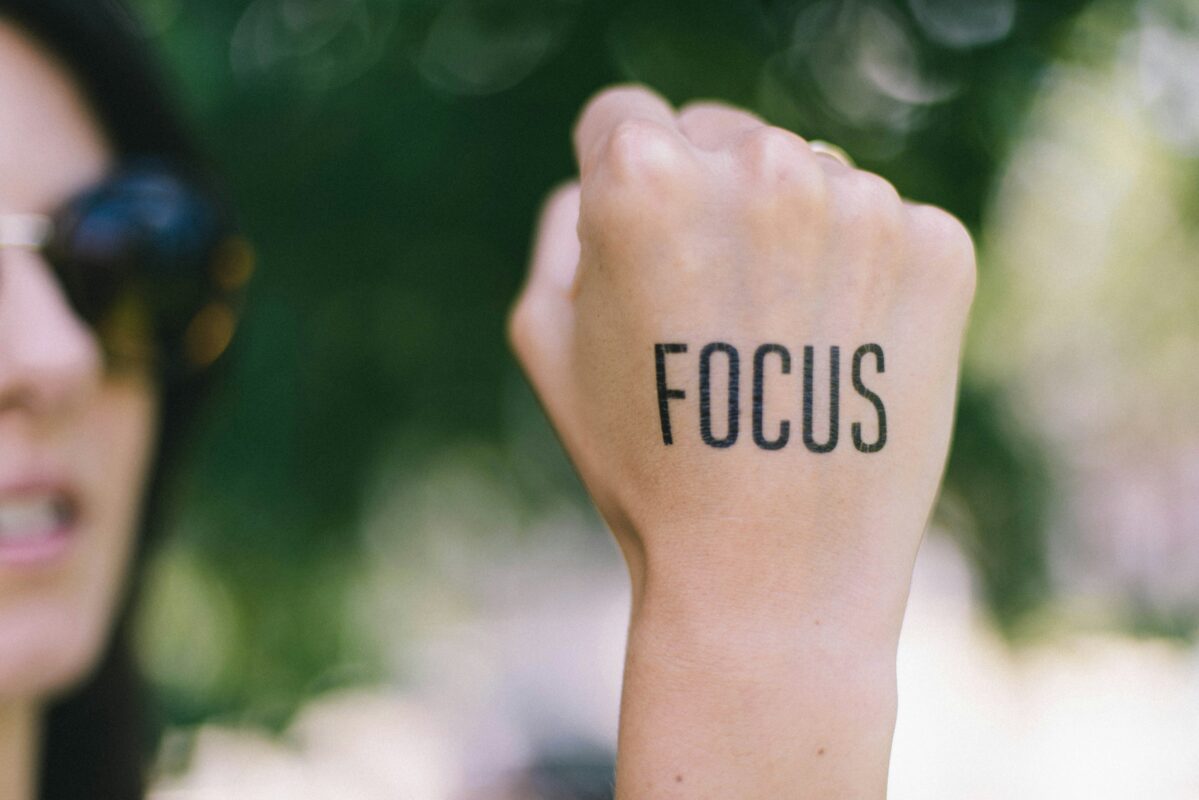You know that feeling, don't you? You sit down to do something important, something that matters, and your brain just… rebels. It jumps from thought to thought, notification to notification, leaving you utterly drained and nothing actually done. Well, neuroscientists have pinned down a major culprit, and understanding it is the first step to reclaiming your focus.

It's a frustrating dance we all do. We blame ourselves. "I just don't have enough willpower," we think. "I'm lazy." But what if it's not a moral failing, but a biological bottleneck?
I've been there, trust me. Whether it was trying to stop binge-eating or pulling myself out of a gaming addiction, that fight for focus was brutal. It's a fight. A real fight. And I learned that beating it wasn't about wishing harder, but understanding how my brain actually works.
Your Brain Leaves Tabs Open
Here's the truth: your brain isn't designed for constant task-switching. It’s not a computer with endless RAM. When you jump from checking an email to working on a report to glancing at a text, your brain doesn't just instantly "reboot" to the new task. It carries remnants of the previous one. This is a concept known as "attention residue."
It's like this: imagine you're cooking a complex meal. You finish chopping the onions, but instead of cleaning your knife and board, you immediately start kneading dough. Then, without wiping your hands, you grab the spice jar. You get messy. Everything gets messy. Your focus is the same.
Sophie Leroy, a management professor, famously explored this phenomenon, showing how switching tasks leaves cognitive traces behind. Even after you've moved on, part of your mind is still processing the unfinished business of the last thing you were doing. This isn't just a mild inconvenience. It significantly impacts your ability to concentrate on the new task.
Neuroscientific studies confirm it. Your prefrontal cortex, that part of your brain responsible for executive functions like planning and attention control, needs time to reconfigure. It doesn't just flip a switch. It grinds gears, trying to bring closure to the last task before it can fully embrace the next.
And the cost? It can reduce your productivity by up to 40%. Think about that. Almost half of your potential output, just because your brain is stuck cleaning up mental crumbs.
The Digital Dopamine Trap
So, why do we do it? Why do we constantly switch? The modern world, and especially our digital devices, are expertly designed to exploit another aspect of our brain: the dopamine system. Dopamine isn't just the "pleasure chemical"; it's deeply tied to motivation and seeking rewards.
Every notification, every 'like,' every new piece of content on your feed gives you a little hit. A tiny squirt of dopamine. Our brains are wired to chase these unpredictable, instant rewards. It creates a "dopamine loop," making us compulsively check our devices, even without a specific reason.
I remember this vividly from my struggles with gaming. That constant seeking for the next reward, the next level, the next win. It hijacked my system. Our phones are basically miniature casinos in our pockets, constantly offering variable reinforcement to keep us hooked.
This constant stimulation desensitizes our brains. We need more and more stimulation to feel normal, making deep, focused work feel bland by comparison. It weakens our ability to pursue delayed gratification. But that delayed gratification, that deep work, that's where true progress and satisfaction live. It's how I built a productive routine with those short, intense bursts of deep work. I had to learn to starve the instant gratification monster.
Reclaiming Your Focus: A No-Nonsense Approach
Look, beating attention residue and the dopamine trap isn't about some magic pill. It's about respecting how your brain works and building systems that support it. No excuses. Just action.
Here's how you can start training your brain to regain its natural focus:
- Batch Your Bites. Instead of answering every email or message as it comes in, schedule specific times for communication. Check email for 20 minutes in the morning, 20 minutes after lunch, and 20 minutes before you finish. That's it. This minimizes attention residue from constant inbox-checking. Researchers at Stanford found that heavy media multitaskers often perform worse on memory and attention tasks, even when they're not multitasking. Batching helps your brain settle into one task.
- Embrace Monotasking (Deep Work Bursts). Dedicate focused blocks of time to one single task. Turn off all notifications. Seriously, all of them. Put your phone in another room. Close unnecessary tabs. I found that short, deep work bursts of 2-4 hours were incredibly powerful. You might start with 25-minute sprints, like the Pomodoro Technique suggests, to train your focus muscle. Your brain can only handle one conscious task at a time, so give it that chance.
- Create Clear Task Endings. Before moving from one task to the next, take 60 seconds to "close the loop" on the previous one. Jot down where you left off, what's next, or any lingering thoughts. This signals to your brain that the task is temporarily (or permanently) complete, helping to reduce that stubborn attention residue.
- Design Your Environment. A cluttered space leads to a cluttered mind. Clear your physical workspace. Limit visual distractions. If possible, find a quiet space. Even low-level white noise can put your brain into an optimal state for learning and workflow.
- Understand Your Dopamine Triggers. What sends you down the rabbit hole? Is it social media? News apps? Mindless scrolling? Identify your personal dopamine traps. For me, overcoming gaming addiction was about recognizing those triggers and building barriers. Sometimes, you need to remove the trigger entirely.
- Prioritize Sleep and Movement. It's basic, but critical. Your brain recharges and recovers during sleep. A tired brain can't focus. And physical activity, even a short walk, helps to clear your mind and can reduce attention residue. This is foundational, just like strengthening my faith is foundational to my spiritual well-being. You can't neglect the basics and expect peak performance.
It's Your Fight to Win
This isn't about being perfect. It's about being intentional. It's about understanding the science and applying it to your life, even when it feels hard. Because it will feel hard sometimes.
But I know, from losing over 110 pounds and building a life of purpose, that every single step toward intentionality builds momentum. It's never too late to start.
So, what's one thing you're going to change today to give your brain a fighting chance?





